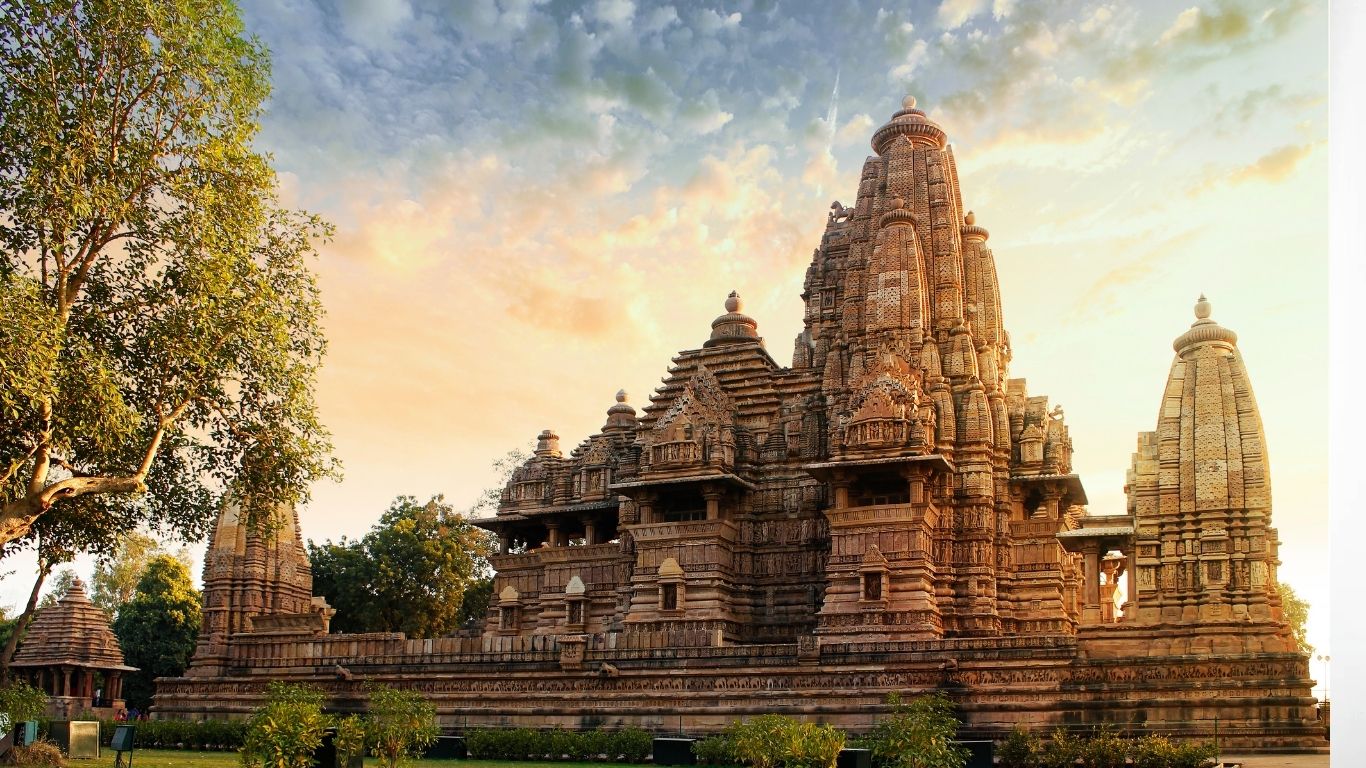We Know India. We Understand Travelers.
We’re your trusted travel crew on the ground in India — here to make your trip smooth, meaningful, and unforgettable. Our team is made up of passionate locals and global explorers who know what it’s like to land in a place that’s completely new. India can feel overwhelming at first — but that’s where we come in. We help you experience India in a way that feels authentic and easy. Whether you're here for the culture, food, spirituality, or just the adventure, we plan and guide your journey with care and local insight
.jpeg)
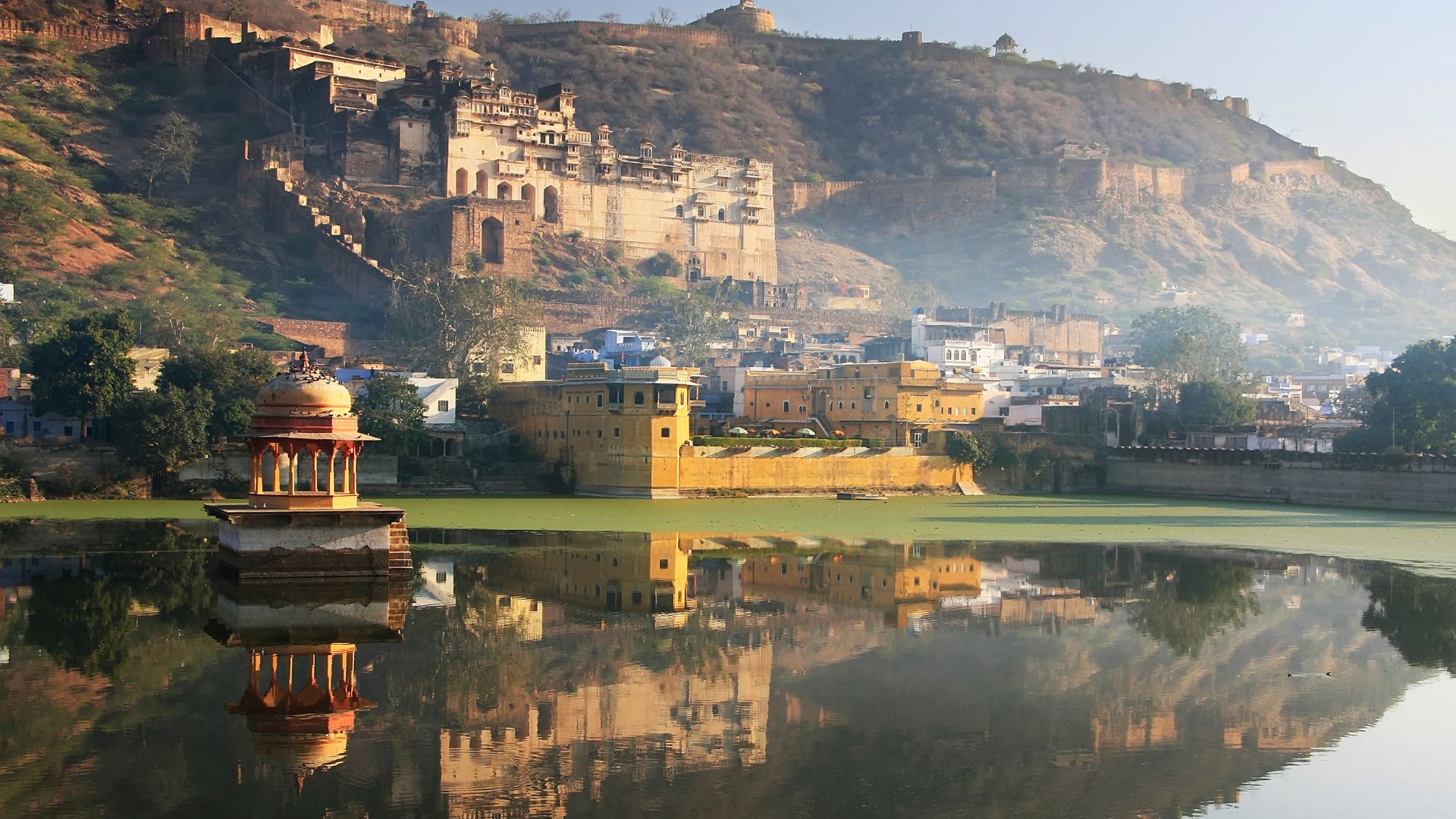
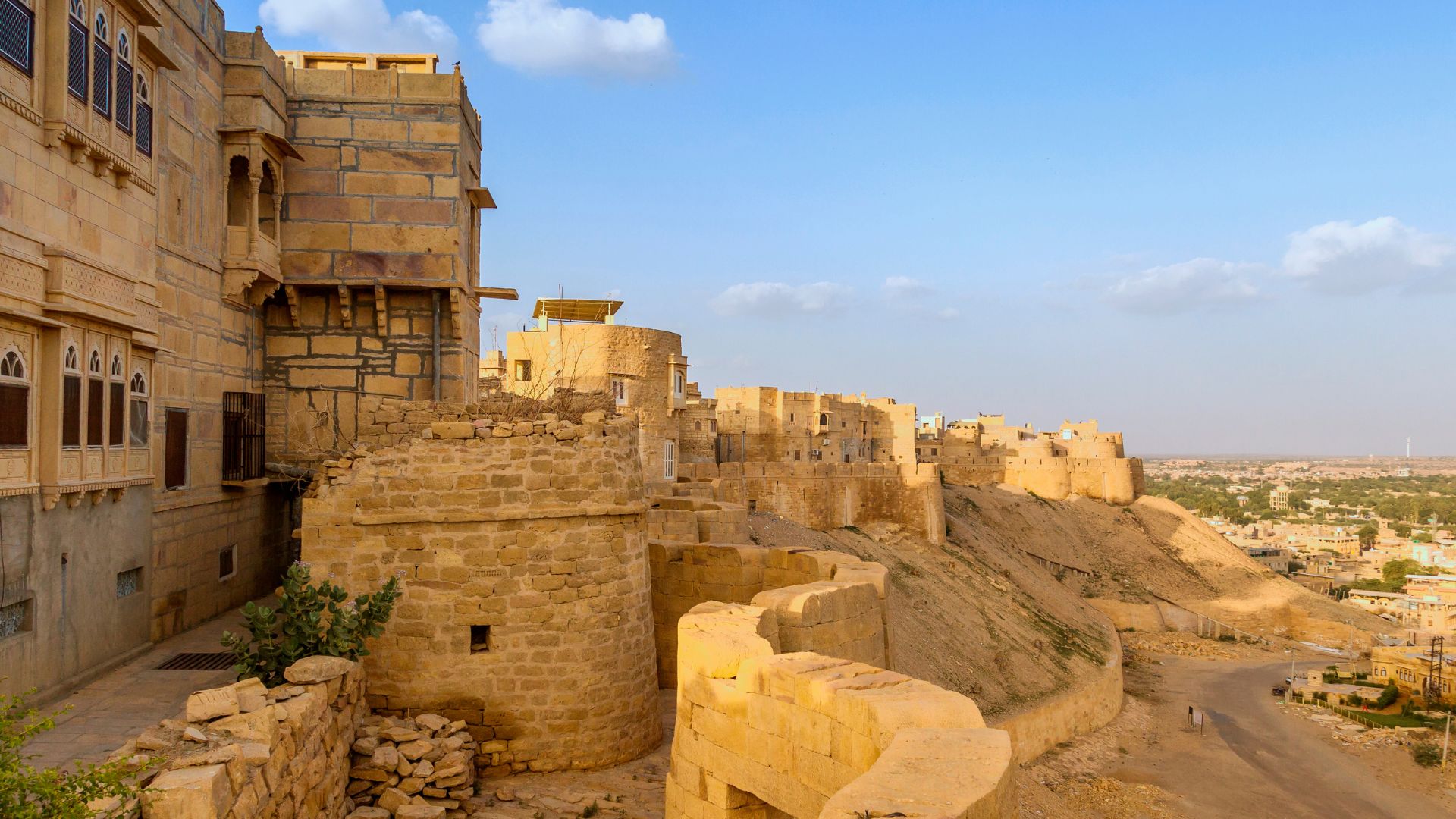
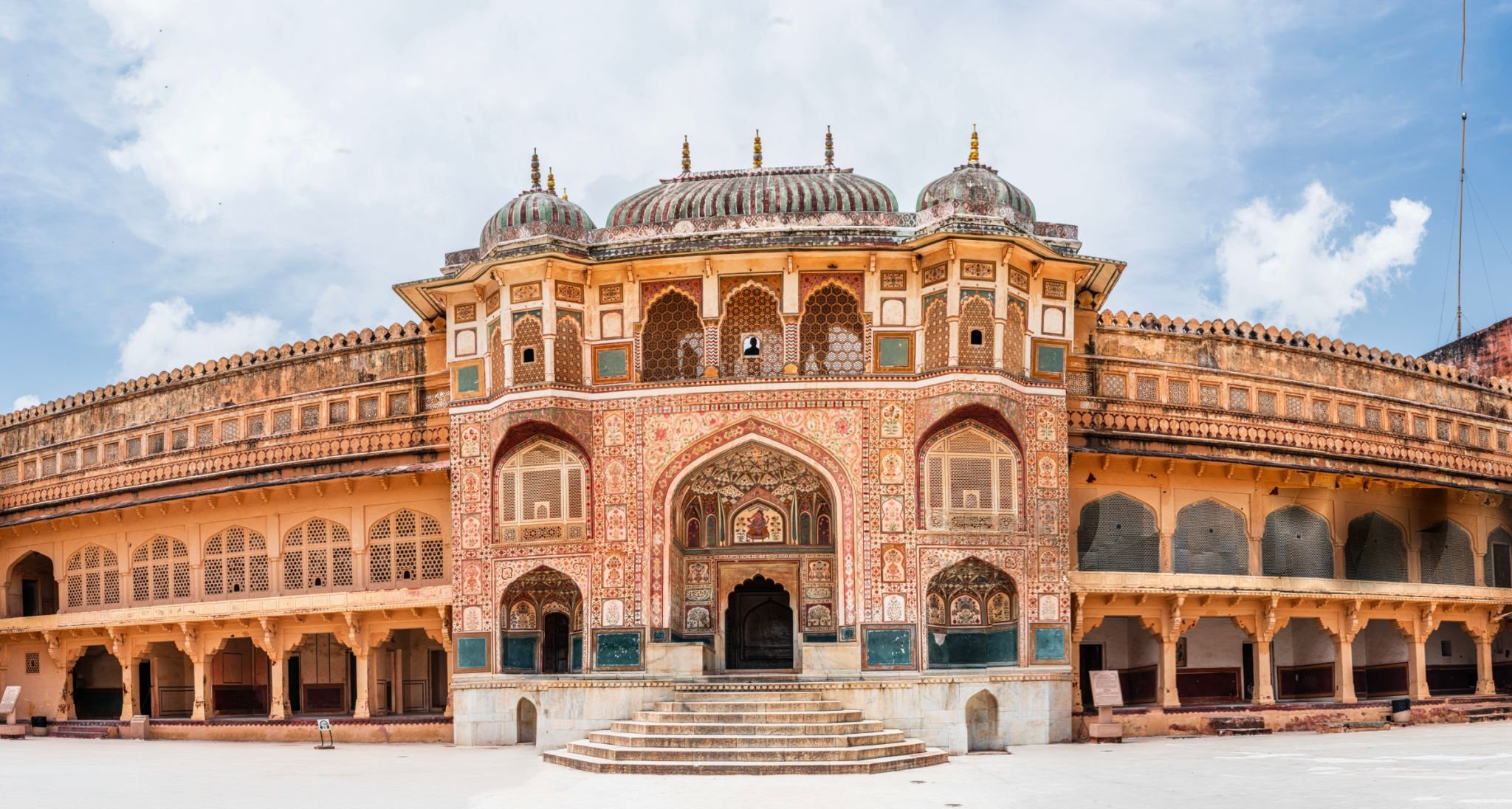
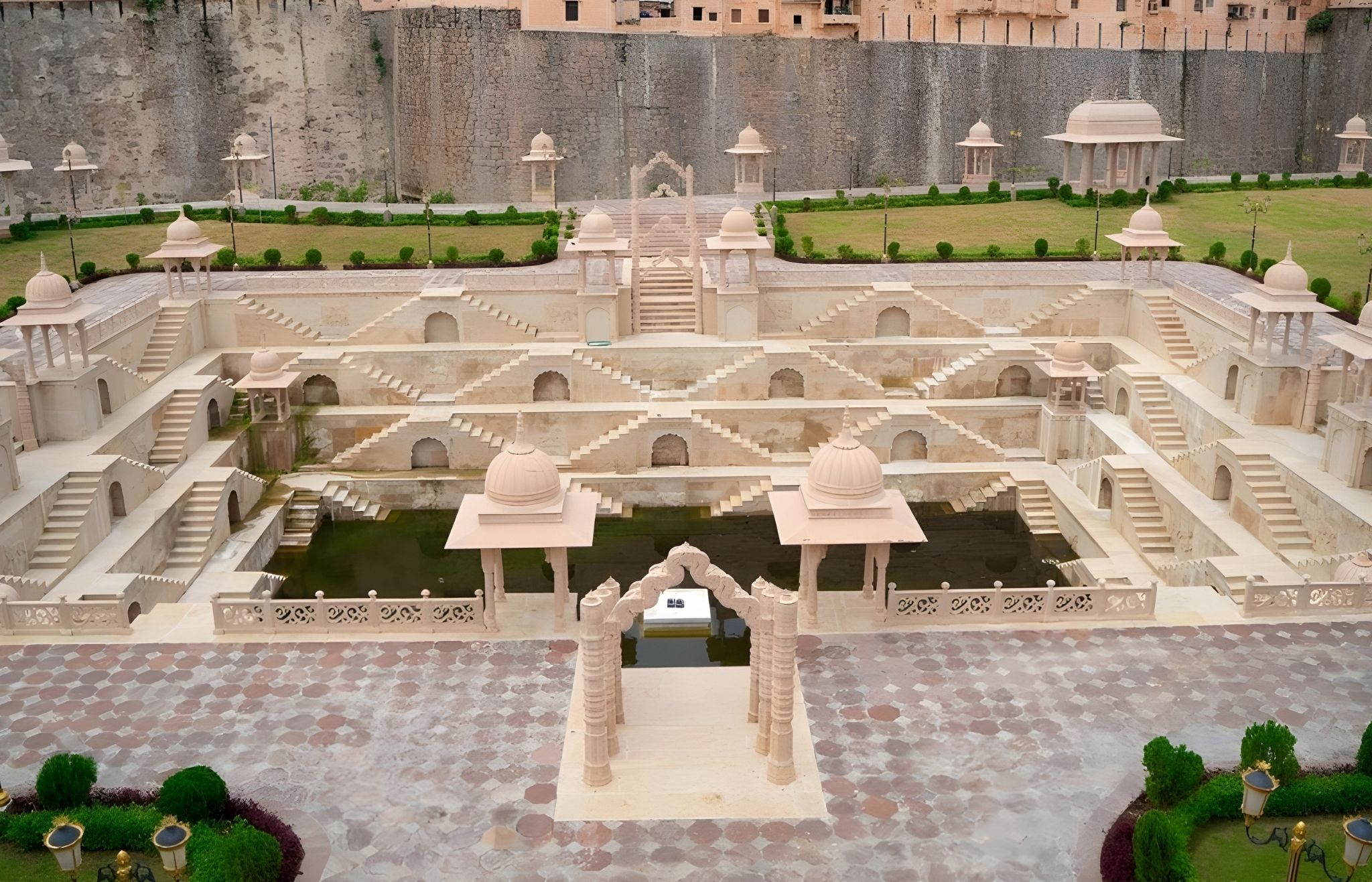
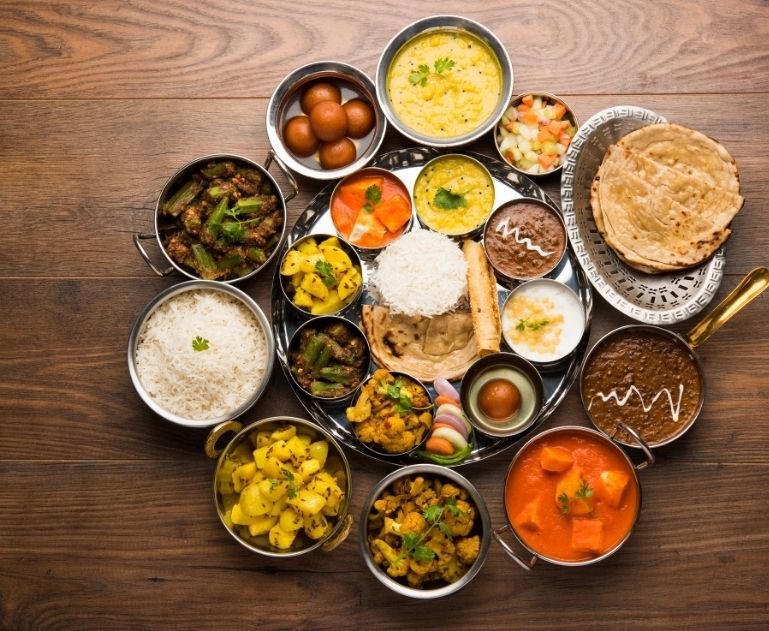
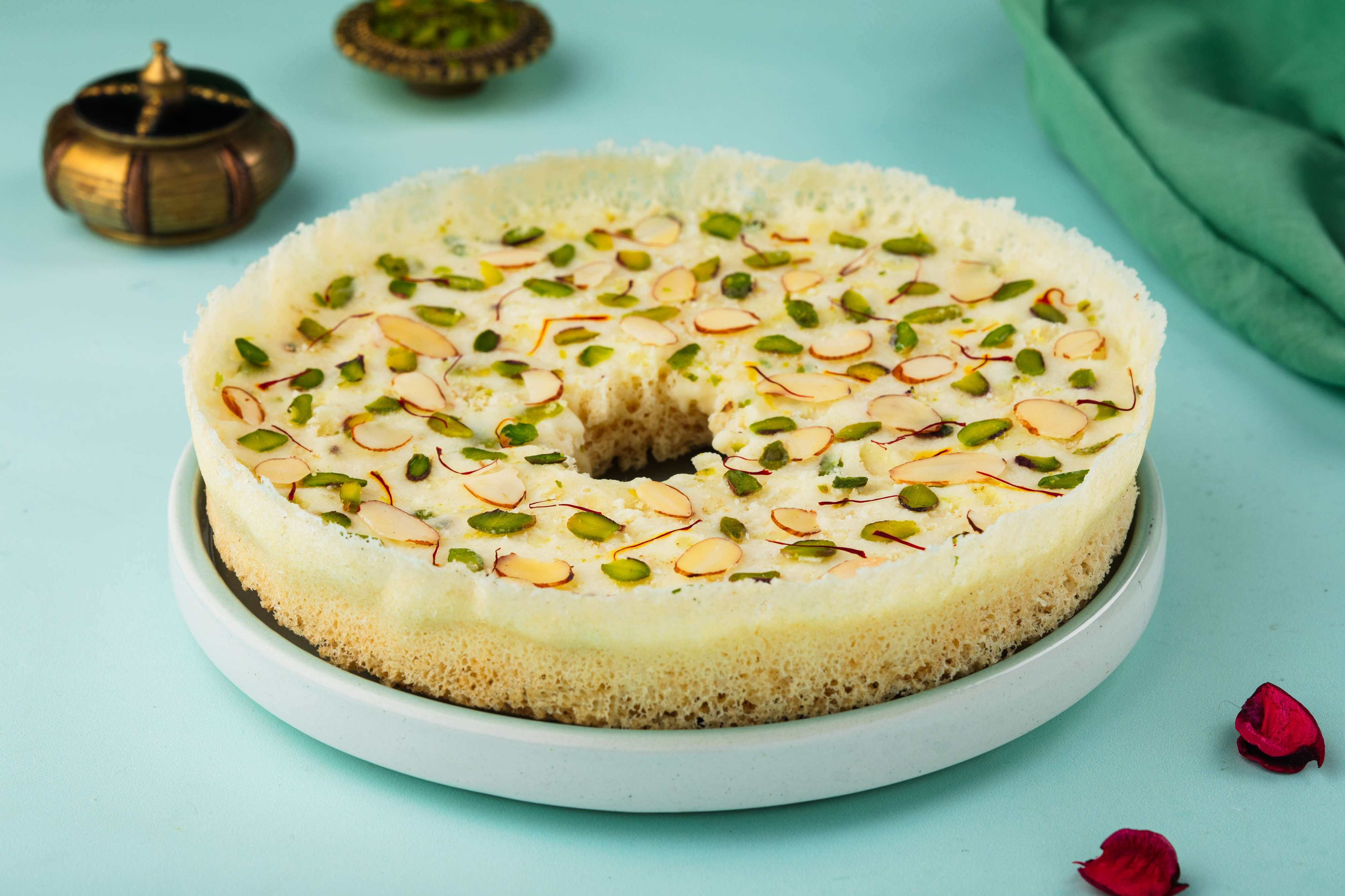
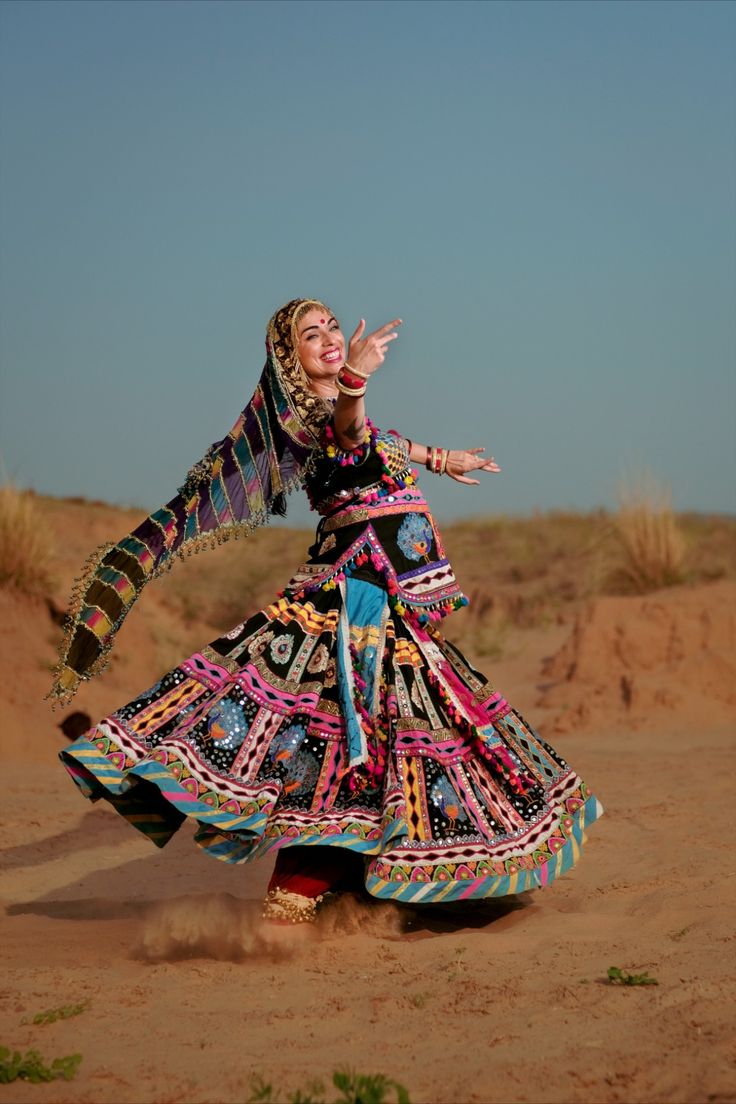

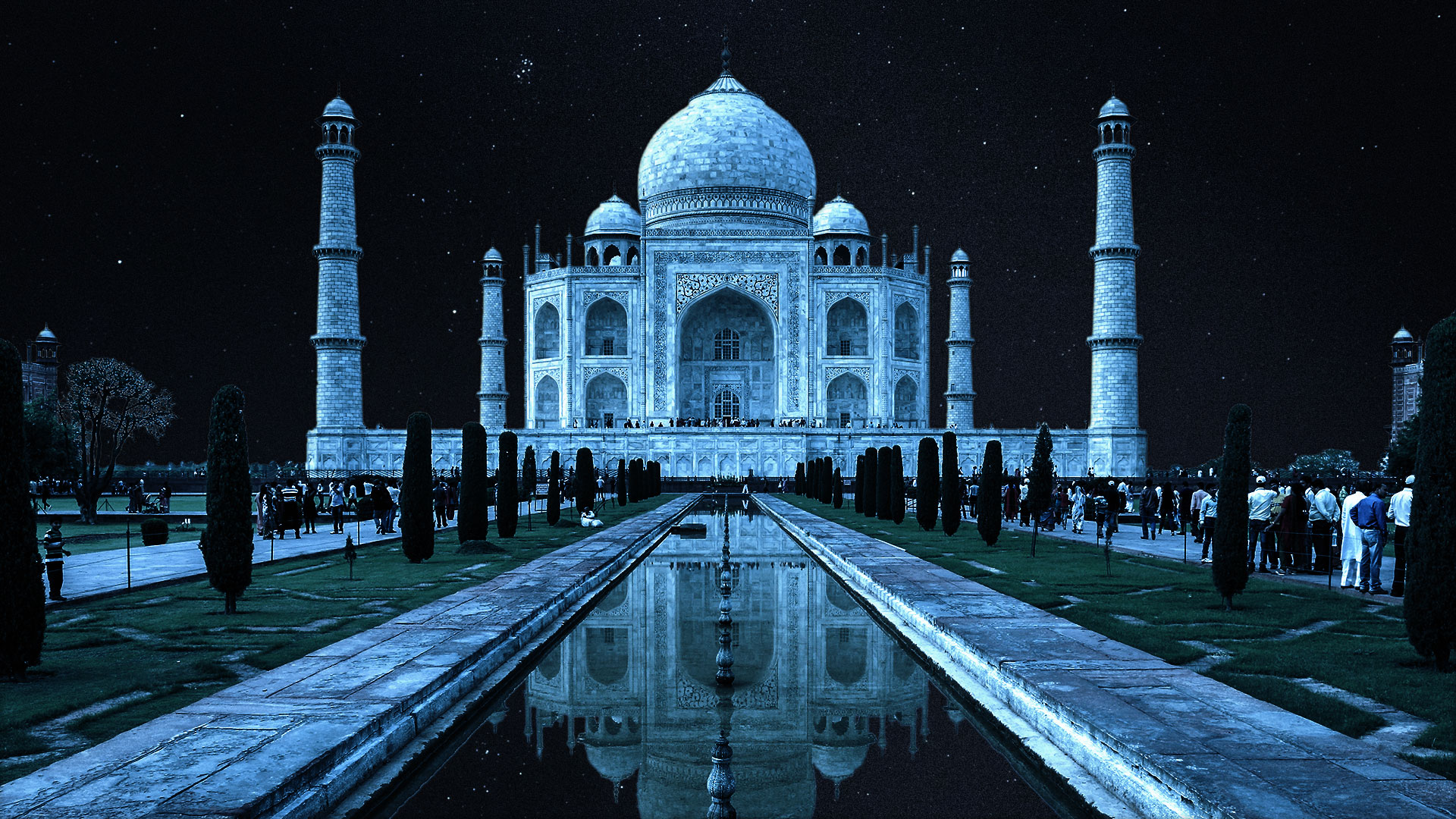
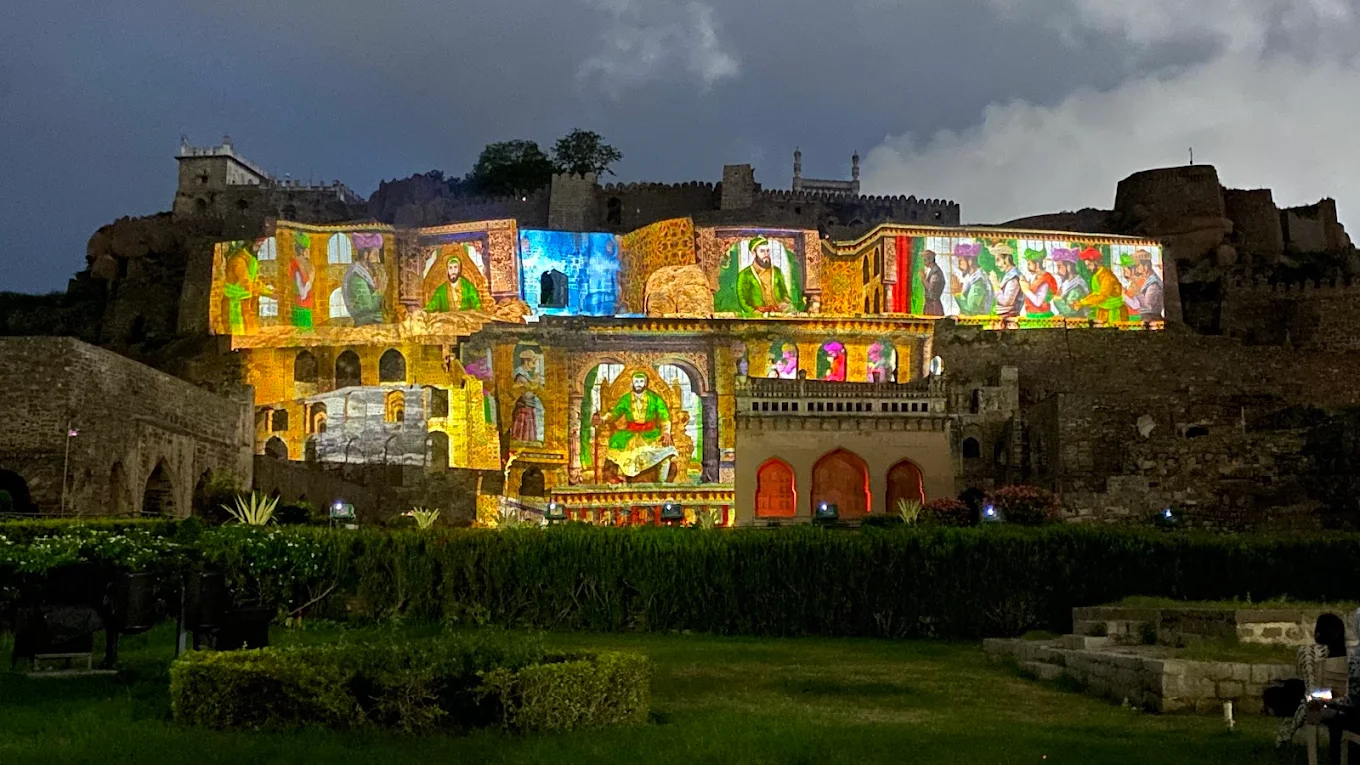
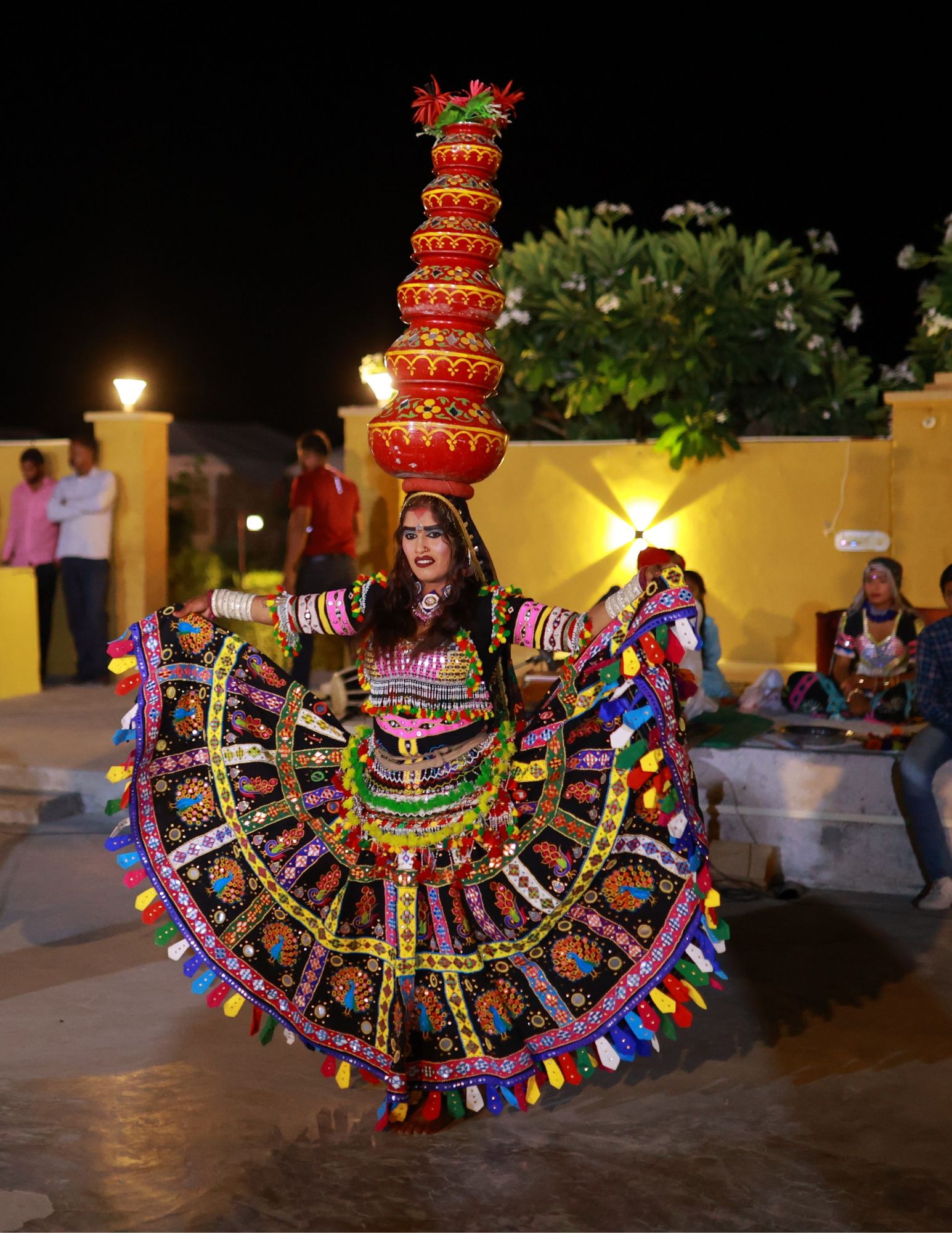
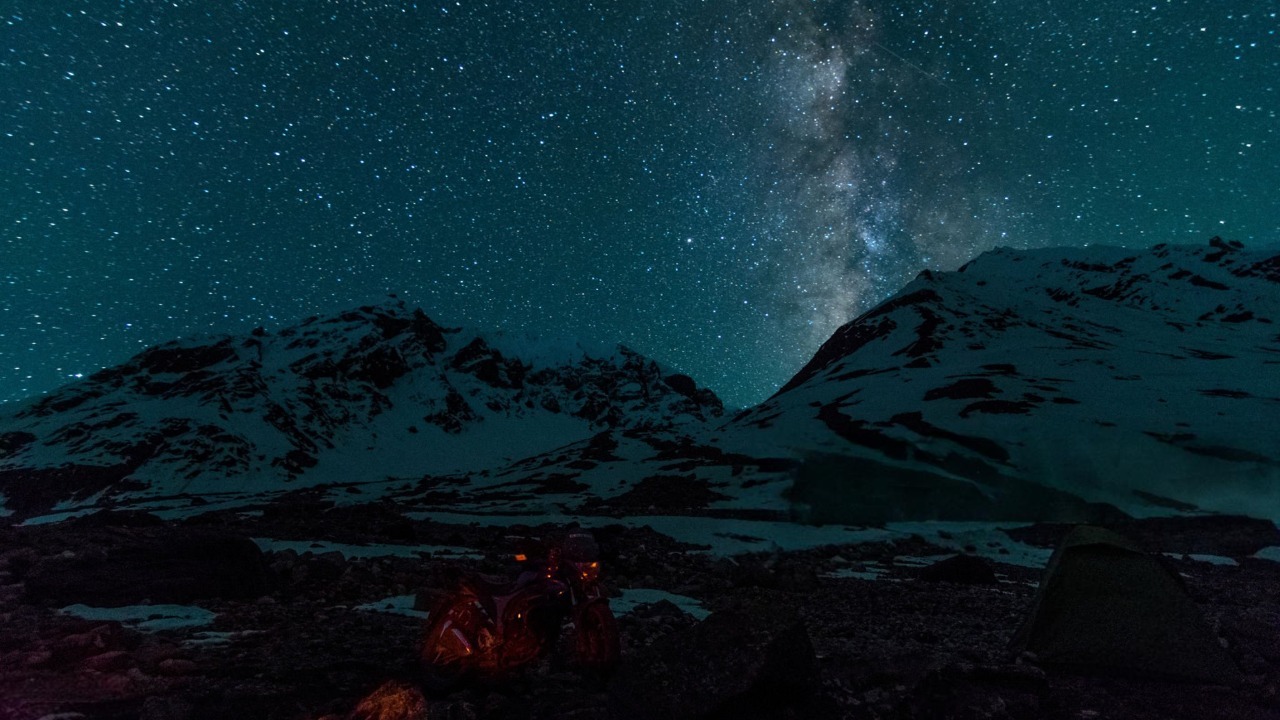
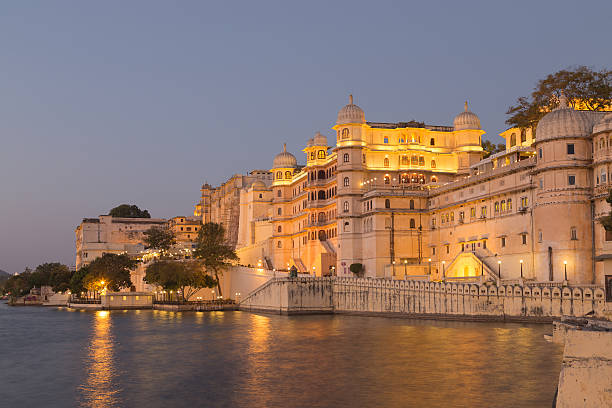
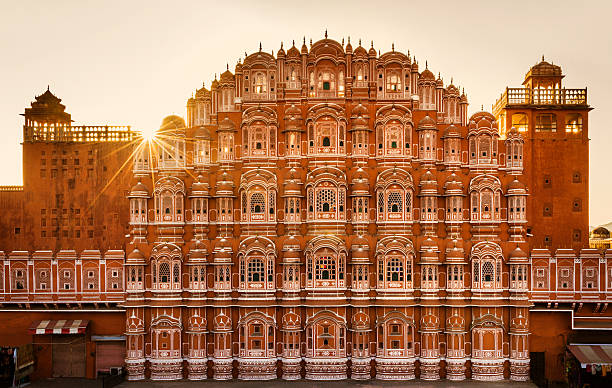
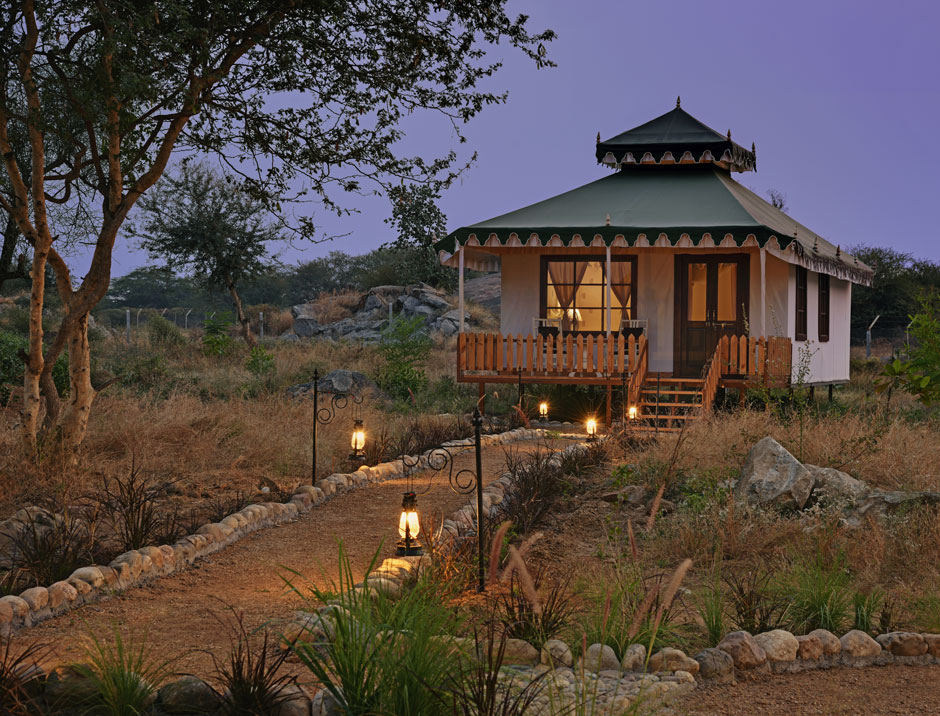
.jpg)
.jpg)
